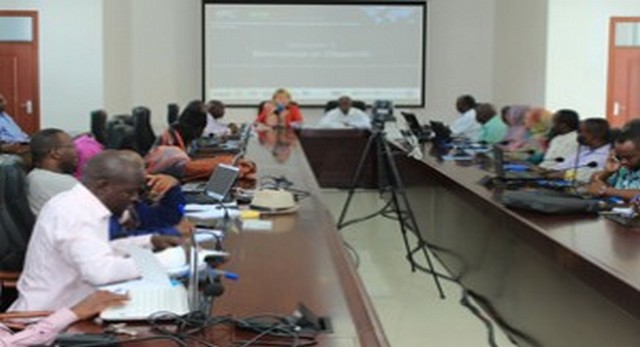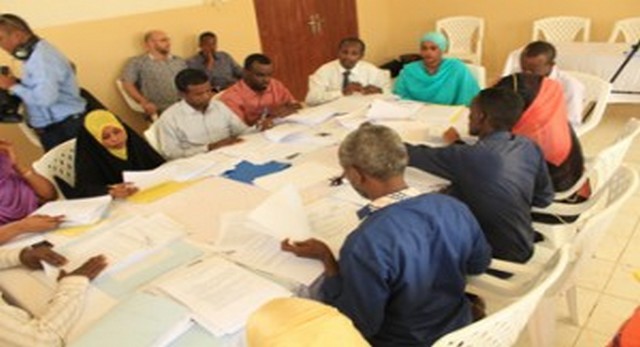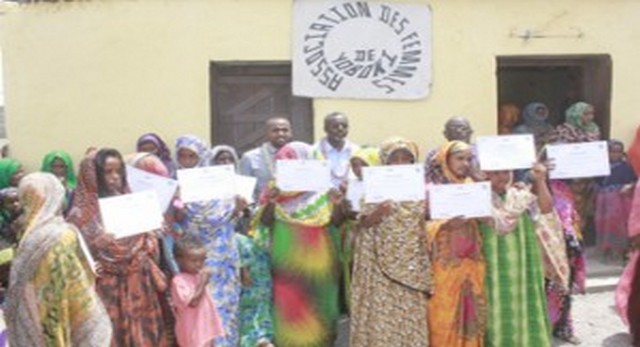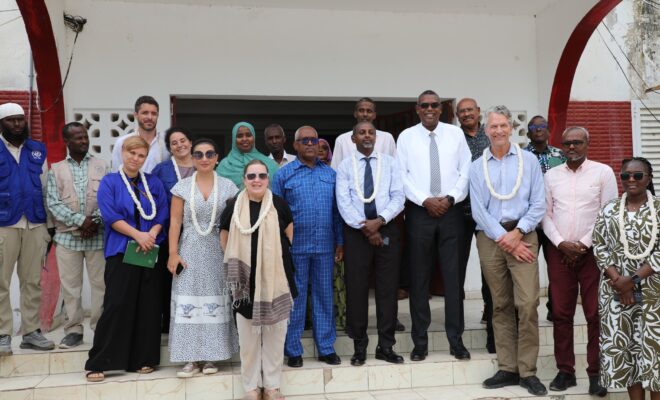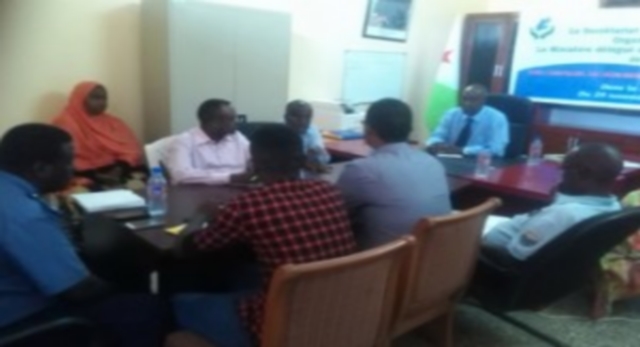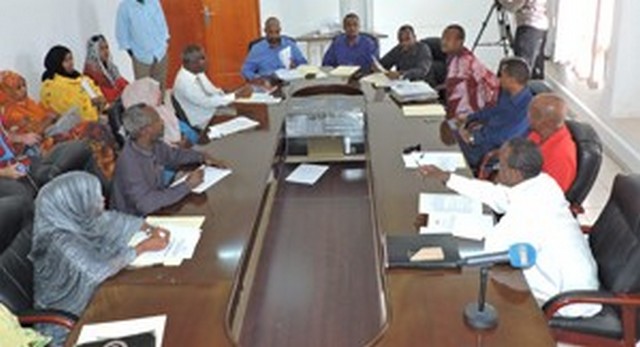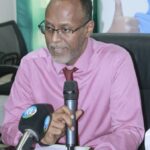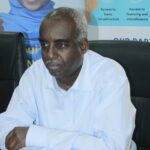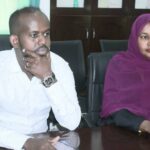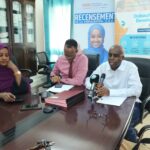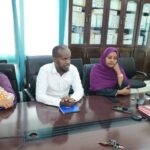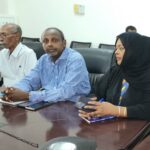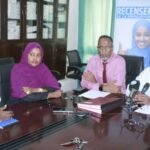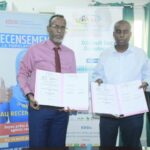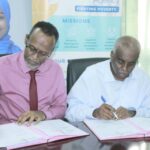The Djibouti Social Development Agency (ADDS), in collaboration with the municipality of Balbala, concluded a training session last Thursday focused on the development and management of community projects. Funded by the French Development Agency (AFD), the initiative, which is part of the third phase of the Integrated Urban Development Program 2 (PDUI 2), provided training to representatives of 33 associations in the Layabley and Moustiquaire neighborhoods. Like its predecessor, the PDUI 2 ter, not only aims to contribute to the urban transformation of the Layabley and Moustiquaire neighborhoods benefiting from the program, it also has a human face and includes the strengthening of human capital as part of a social development component. Indeed, financed to the tune of 40 million of our francs by the French Development Agency (AFD) within the framework of the Community.
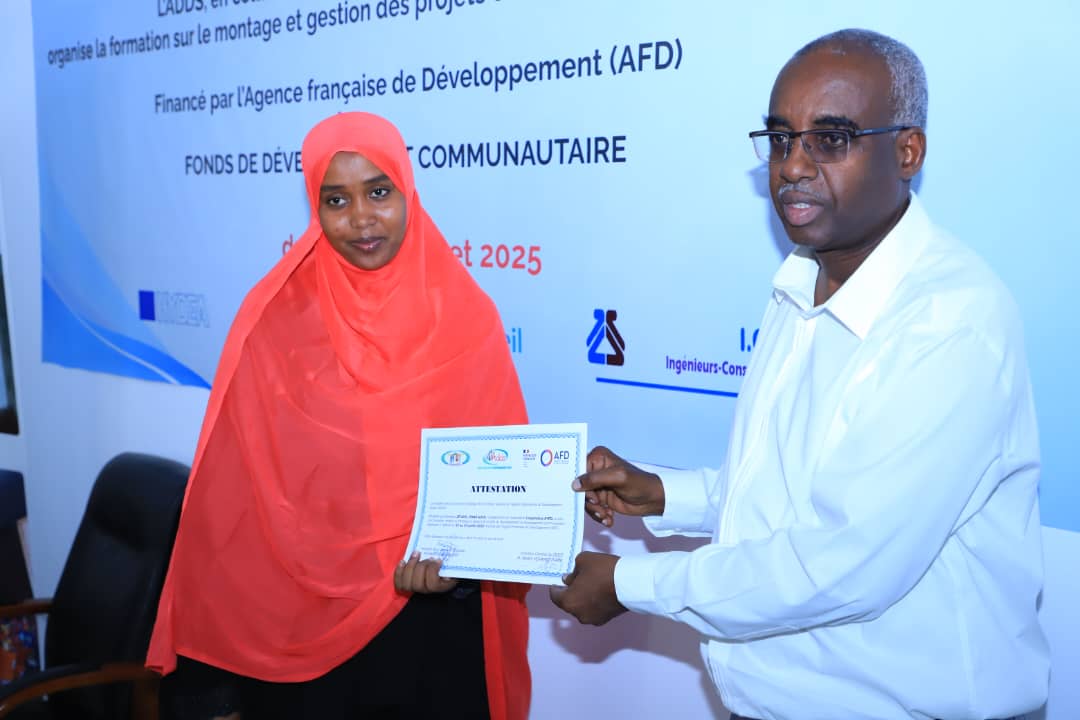
Development Fund, this will allow the Djibouti Social Development Agency (ADDS), the main institution in charge of implementing this program, to set up small community projects accompanying the modernization of the urban landscape of these neighborhoods of the commune of Balbala. Although the official launch of this third phase of PDUI 2 is scheduled for next September, according to Mahdi Mohamed Djama, Director General of ADDS, its activities nevertheless began as a preamble on Wednesday, July 23, with a training workshop on the development and management of community projects, dedicated to leaders of associations in the sector. After two days of discussions on the design, planning, and implementation of microprojects that meet the real needs of their communities, the event, organized by ADDS in collaboration with the municipality of Balbala, concluded late Thursday morning. The participants shared an atmosphere of pride for some, and a sense of having received the necessary tools to be active players in the socio-economic development of their own neighborhoods. The 33 beneficiaries were on Thursday, during a
ceremony held in the large meeting room of the new ADDS headquarters building, on the Serpent plateau in the commune of Ras-Dika, under the spotlights of cameras and the crackling of cameras of various local press organs. And for good reason? They received certificates confirming their ability to implement microprojects deemed useful for improving the conditions of their communities from the officials attending the closing ceremony of this training workshop, namely the institution’s Director General, Mahdi Mohamed Djama, and its Director of Social Development, Galab Hassan Galab; MP Abdourahman Awaleh Yacin, President of the RPP group in the National Assembly; ADDS PDUI2 Program Manager, Emmanuel Paillart; and the local councilor for the sector, Ilyas Hassan Mohamed. Speaking at the event, ADDS Director of Social Development, Galab Hassan Galab, praised the participants’ active involvement during these two intense days. “Microprojects represent powerful levers for social and economic transformation when they are well designed and properly implemented,” he emphasized. This statement perfectly sums up the
philosophy of the PDUI2 ter program: placing residents at the heart of the thinking, design and implementation of projects that meet the concrete and urgent needs of the beneficiaries. “I invite you to immediately put into practice the knowledge acquired by initiating the consultation process within your communities. The sooner you begin this work of identifying and analyzing needs, the more robust your project proposal will be,” he concluded. For his part, MP Abdourahman Awaleh Yacin emphasized the importance of the micro-projects developed for the residents of these neighborhoods. “ADDS has earned the trust of its partners. You too must earn the trust of ADDS by properly implementing the various projects,” he told representatives of the Layabley and Moustiquaire community. At the end of this hopeful ceremony, a wind of optimism blew through the representatives of the associations, now better prepared to meet the challenges of social development. With the skills
they have acquired and the leadership of concrete projects, they are called upon to play a leading role in the creation of more resilient, greener and more inclusive neighborhoods in this sector located to the west of the commune of Balbala. It should be noted that thanks to funding from the Community Development Fund (CDF), numerous community projects have been successfully completed, bringing significant improvements in various areas for residents of the Layableh and Moustiquaire neighborhoods. Analysis of the results highlights the concrete impact of these initiatives on the ground. All projects achieved a 100% implementation rate, demonstrating the effective management of the allocated funds

